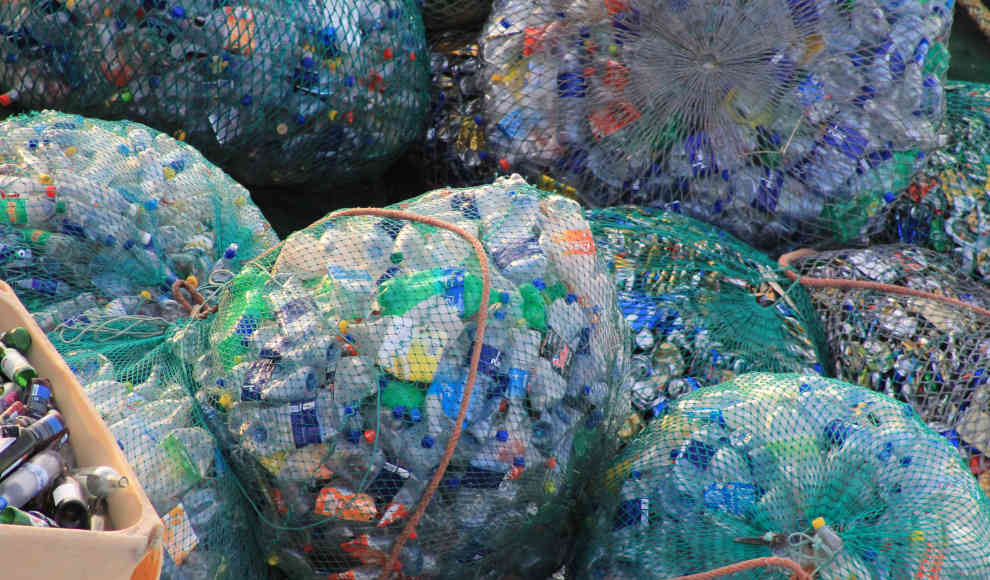Plastic waste is a growing problem worldwide, and Germany is no exception. According to a recent study by the Bund für Umwelt und Naturschutz Deutschland (BUND) and the Heinrich-Böll-Stiftung, only 15.6% of plastic waste in Germany is recycled. The majority of plastic is either incinerated or shipped abroad for disposal under questionable conditions. While the official recycling rate in Germany is reported to be 45%, this figure includes plastic that is delivered to recycling facilities, regardless of whether it is actually recycled.
Globally, over 8.3 billion tons of plastic have been produced since 1950, with much of it used for disposable products and packaging. The recycling rate for plastic and other plastics worldwide is estimated to be less than 10%, due in part to the high cost of sorting and processing plastic waste. This low recycling rate has significant environmental and health consequences, as plastic waste contaminates oceans and contributes to climate change.
One of the main culprits of plastic waste is Coca Cola, which produces around 88 billion bottles or three million tons of plastic per year. To address this issue, environmental advocates are calling for a reduction in the use of disposable plastic and for packaging to be fully recyclable by 2030. However, given the global nature of the problem, a solution will require more than just EU regulations.
In conclusion, the low recycling rate of plastic waste in Germany and worldwide is a significant environmental and health concern. While efforts are being made to reduce plastic waste, more needs to be done to address the root causes of the problem and to develop sustainable solutions.










